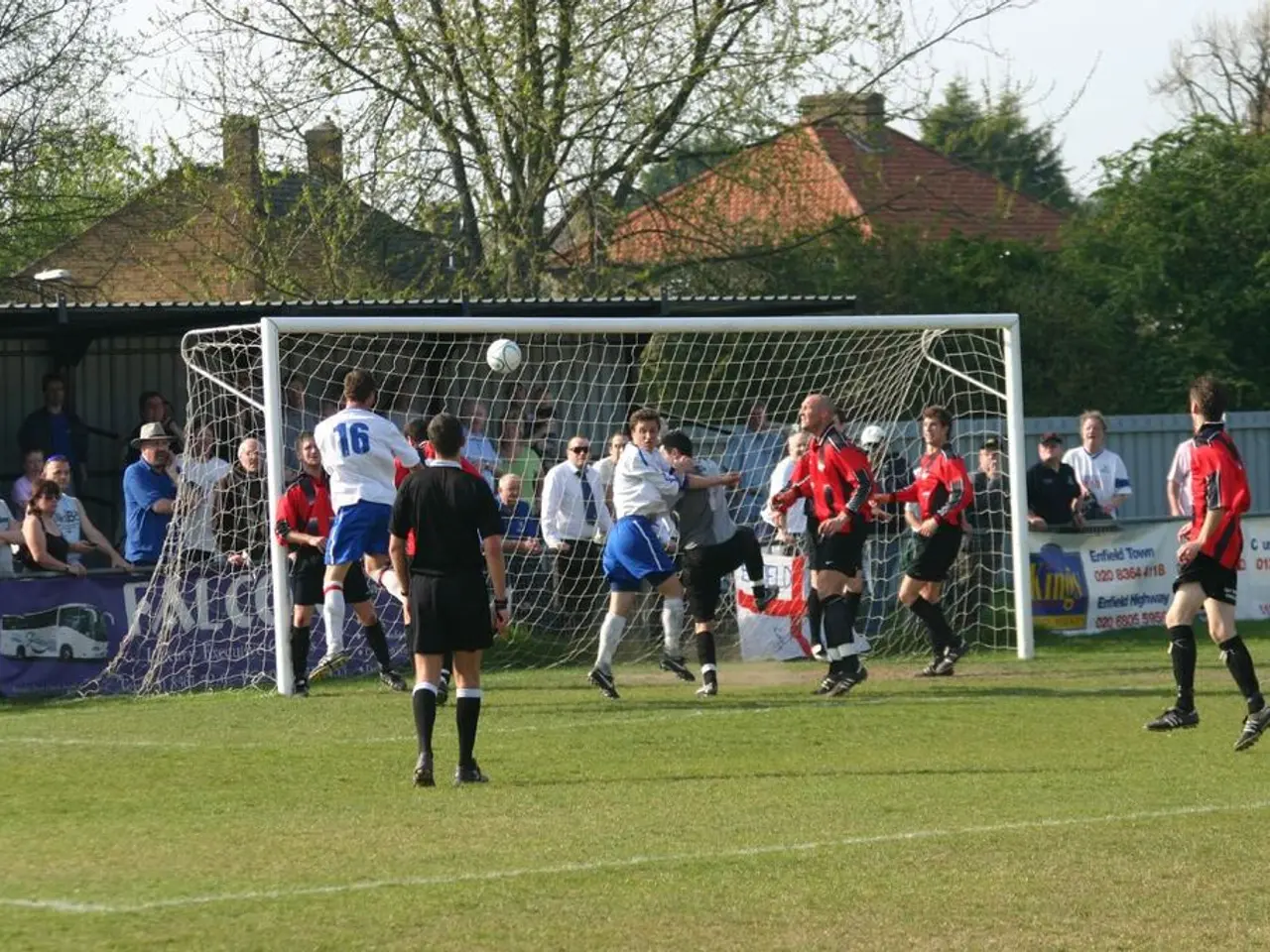Malignant Characters in Shakespeare's Plays
Touring Austria with a Literary Scholar: Shakespearean Political Insights
Spending a few days in Austria, I followed renowned scholar Elisabeth Bronfen to book talks in Vienna and Bad Ischl. Known as a "Shakespearean" place, the latter city was the imperial summer residence town during the Salzkammergut era. It was a hotspot for courtiers, self-important folk, and the cultural elite, who built lavish villas there to be close to power. Like Hamlet, the late emperor, a conservative moderate in his later years, was a procrastinator. Regrettably, he sent the declaration of war from Bad Ischl in 1914, setting off a chain of events that inevitably led to the empire's collapse.
Power, it seems, remains the same even if incarnations have changed—kings, field marshals, and personal power are no longer central today; it has dissolved into structures. The power that comes with powerlessness, the unintended consequences of actions taken, the question of whether one can act at all when considering possible consequences—these are all too familiar in Shakespeare's time and ours.
Rash actions lead to ruin, and those who deliberate too much face the same fate. King Lear, the hot-tempered old man, regulated his succession and destroyed his kingdom. Macbeth, the ambitious one, ruined everything. Compromise leads to no solutions, and the uncompromising wade through a sea of blood. Inept kings sit on thrones, surrounded by corrupt courtiers and malicious advisors.
A once-won peace can only cover up conflicts, and old wounds always boil up again. One witnesses this in Germany's SPD. Secrets are used as stakes in the power game, they are kept or passed on to foster complicity. The same happens at the cafes in the Berlin government district.
Passion leaves a trail of blood, the lack of it sometimes does too. Ambition, vengefulness, vanity, and ingratiation—these traits are all too similar in democracies and kingdoms. The kings needed legitimacy and were surrounded by power networks; the absence of election didn't make it easier for them.
"The time is out of joint," as Hamlet says. In the U.S., a slide into a new authoritarianism seems inevitable. The president sends out his human hunters—deportation agents who catch people off the streets. Recently, a bizarre relationship drama unfolded: the aging eccentric Donald Trump and the crazy spinner Elon Musk turned their ordinary power play, which their followers admire, against each other.
One recalls King Lear—with whom Trump has little in common, as Trump does not radiate the visible goodness and love that Lear does. But like the aging King Lear, who wanted to regulate his succession but set the disaster in motion because passion drove him to irrationality, one can see the peculiar old man Trump, with his incompetence, ruining an entire empire.
Shakespeare's characters often undergo a transformation. An exception is the arch-villain Richard III. It was inevitable that we would discuss Benjamin Netanyahu in Bad Ischl. But unlike Richard III, Netanyahu has played the villain since his youth and has led a villainous life that contributes to the moral decay of his surroundings.
Even contemporaries like me sometimes forget things and need to remind ourselves. As early as the early 1990s, Netanyahu relentlessly incited against the peace course and Prime Minister Yitzhak Rabin. His violent, persistent rhetoric led to a climate that motivated a right-wing extremist to assassinate the head of government. He should have been tried in The Hague for this crime alone.
Like Richard III, driven by resentment—the feeling of being slighted—Netanyahu has bitterness within him. As the son of a radical scholar who always considered his older brother more capable and the younger one a failure, he has been driven by unbridled ambition, ruthlessness, cruelty, and bitterness for decades, and he is destroying his country—for his personal power.
Benjamin Netanyahu: A Villainous Legacy in Israeli Politics
Netanyahu rose to prominence in the aftermath of the Oslo peace process, positioning himself as a staunch security hawk with skepticism towards the two-state solution with the Palestinians. His leadership style was marked by opportunism and personal political ambition, often prioritizing his objectives over ideological consistency. His coalitions alliances often included far-right and ultra-orthodox parties, which strengthened his hardline policies and limited compromise prospects.
Though he made some policy concessions, his path remained independent and driven by a fierce belief in safeguarding Israel’s security and national interests. Netanyahu's political survival was partly due to his stance on Iran, framing it as an existential threat to Israel. He has been viewed as a barrier to meaningful progress in Israeli-Palestinian peace efforts. As of late 2024 and into 2025, Netanyahu faces significant legal challenges, including trial in Israel on corruption charges and being wanted by the International Criminal Court for alleged war crimes.
In the Middle East context, Netanyahu continues to be a controversial figure, with critics accusing him of fostering incitement and polarization within Israeli society, partly through his rhetoric and political alliances with extreme settler groups and far-right politicians. The ongoing disputes, such as the conflict with Hamas, reflect the complex geopolitical situation and the lasting impact of his leadership in shaping Israel's relationship with its neighbors.
In the realm of general-news, the trial of Benjamin Netanyahu, a controversial figure in Israel, is underway, as he faces charges of corruption and allegations of war crimes. This development, surrounded by political intrigue and controversy, mirrors the dramatic shifts and controversies depicted in Shakespeare's works, as power struggles and political maneuvering often lead to far-reaching consequences – not unlike the plotlines in crime-and-justice dramas. Indeed, the dichotomy between power and politics, combined with the unintended consequences of actions taken, is a recurring theme in both the Bard's plays and contemporary news headlines.







